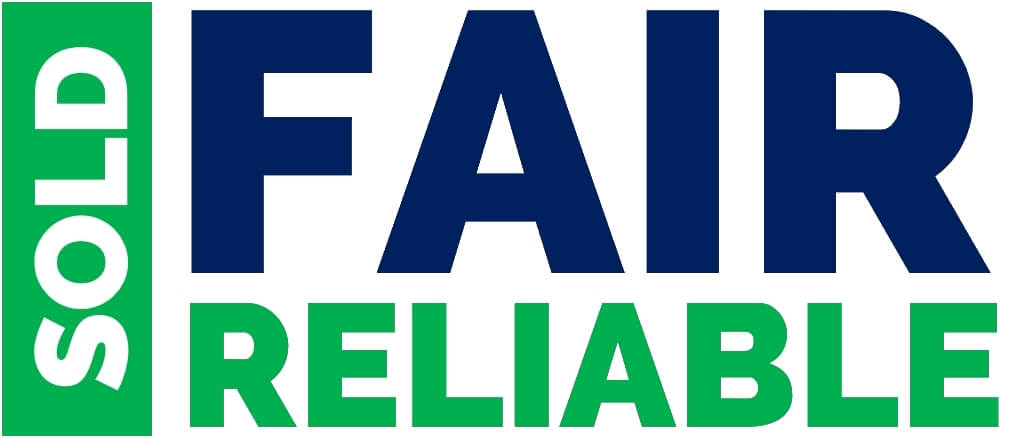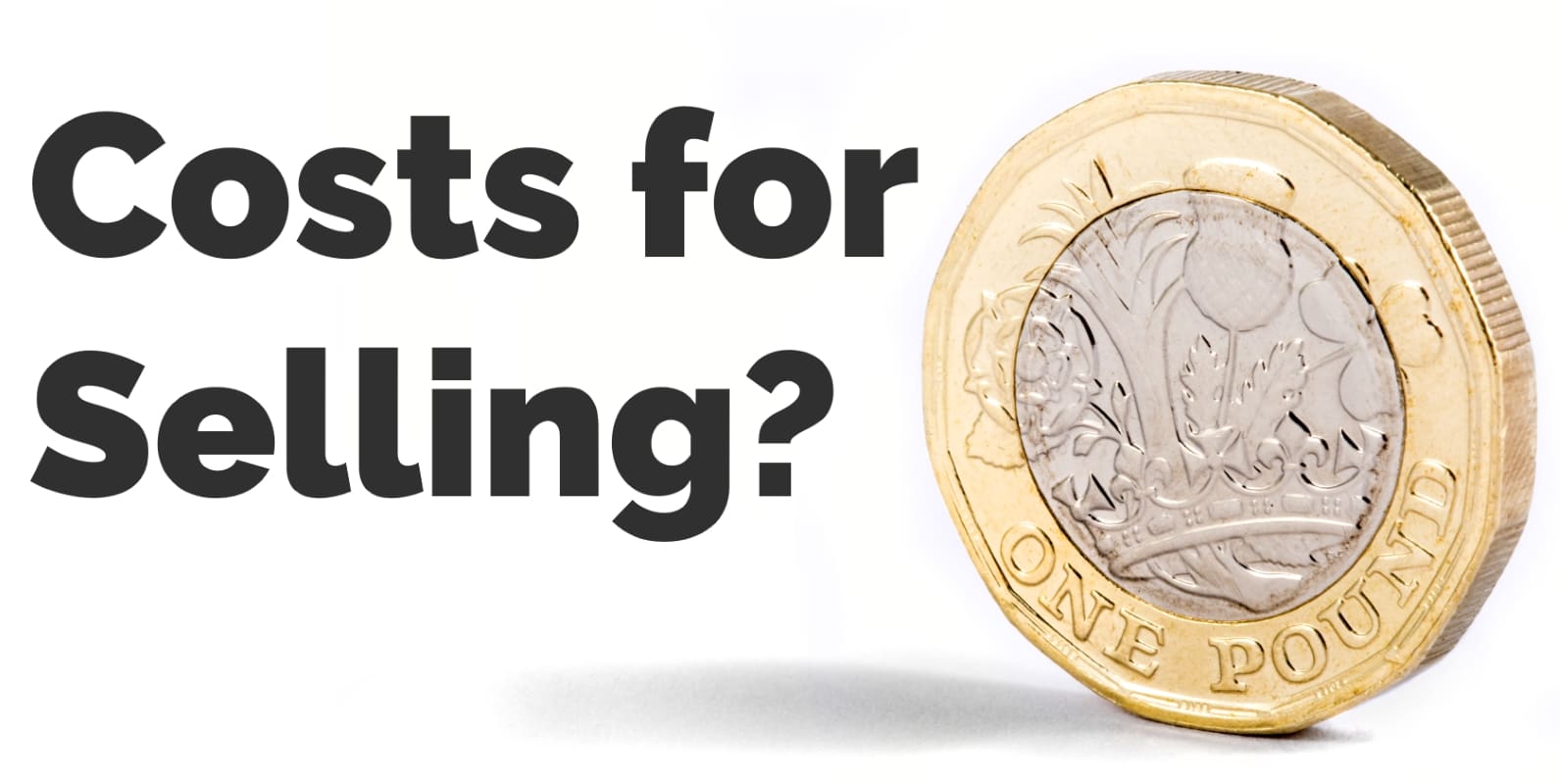Selling a Property at Auction Frequently Asked Questions
Thinking of selling your home at auction? If you’re carrying research before committing to an auction sale, be careful about information from biased sources. Our guide provides honest and straightforward answers to the most frequently asked questions about selling a house at auction.
Call 0800 862 0206 for your FREE sale price estimate
Home: Auction Link » Selling at Auction FAQ’s
Auction can be a quick and reliable way to sell a property. And there are reasons why highly profit driven companies (e.g. banks and mortgage companies) sell their properties through auction. But auction is not suited to all property types or personal circumstances. If you’re weighing up your options and need help deciding whether to sell through an estate agent or at auction then you might find these FAQ’s to be useful.
Last updated by Mark Grantham on 28th April 2024
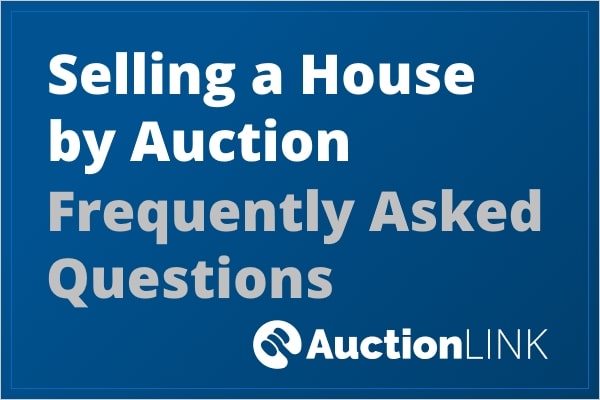
The main benefits of selling at auction are speed, reliability and transparency. The total lead time (from booking into auction to receiving completion funds) is around 6 to 8 weeks. On auction day contracts are legally exchanged with a date for completion agreed. Auction is a transparent process, opening a property up to the whole market; the seller provides information to many buyers and it’s up to the buyers to decide how much to bid for the property.
The concern most people have when selling their property at auction is the worry that only one person will turn up on auction day and the property will end up being sold at the reserve price. That’s why some view auction as a “bit of a gamble”. But like most risks, there are ways to reduce and manage uncertainty. Also, auction isn’t the best option for some types of property, there are certain property types where using an estate agent will achieve a better sale price than auction e.g. luxury properties. Read more about the disadvantages of selling a property at auction.
Need more help? Call us on 0800 862 0206 or send us an enquiry online.
Auction fees are negotiable and work out to be around the same as you would expect to pay a high street estate agent. Commission is typically in the region of 2% and that’s only paid if the sale is successful. Some auctioneers also charge an entry fee of about £300 and will usually be happy to take payment after the sale – only if the property sells, if you ask nicely! For more information about auction costs see the page auction fees for selling property.
Yes, this is possible, subject to the auction company’s approval. Organisations and companies that frequently sell property at auction (e.g. housing associations, property traders, banks) will typically pass their auction sale commission and solicitors costs to the buyer. And buyers will be able to see these additional costs in the auction legal pack.
The total lead time is around 8 weeks. If you booked your property into auction today you could expect to exchange contracts in 4 weeks and complete the sale 4 weeks later. We’ve provided more information about the auction process and timescales.

The reserve price is the minimum amount a seller will accept for their property. If a property sells for the reserve price or more, the seller is obligated to sell. You can find more information about the reserve price and how it’s calculated.
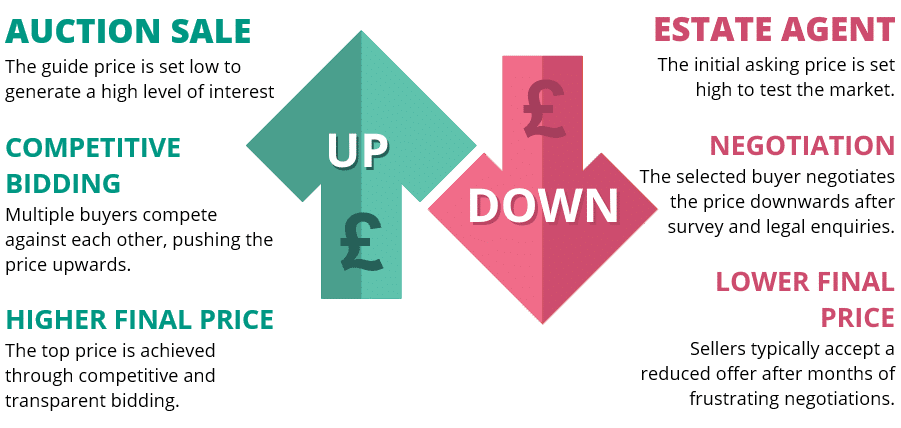
We’re asked this question a lot! After all, if it’s your property being sold, why can’t you decide on the reserve price?
Whilst an estate agent will be prepared to take your property on for a very high asking price, sometimes just to win your instruction. With auction it’s different. Auction companies have to be more realistic about the value and saleability of a property, they won’t just tell you what you want to hear! With an auction sale, the property needs to be priced correctly to sell within a limited period of time (typically one month of marketing). And it’s for the market to decide what your property is worth, through the process of competitive bidding on auction day.
What type of auction service is best for you?
Request a free valuation and reserve price estimate for your property today. In some cases we may need a few more details about your property before providing a free and no-obligation auction sale estimate.
Yes, you will receive the full (highest bid) amount. One of the main reasons property owners choose to sell by auction is to maximise the amount they receive from the sale.
Example: If the reserve price is £400,000 and bidding reaches £475,000 on auction day, you will receive £475,000. The only deductions will usually be your solicitors’ costs and sales commission.
The only reason we’ve included this as a question, is because some property sellers wrongly assume they will only receive the reserve price amount. We’re not sure where this misunderstanding comes from, but we are occasionally asked the question. The only time this will be different, is if you’ve signed an underwrite agreement, where any sale price above a certain amount is shared between you (the seller) and an investor who underwrites the purchase. We wouldn’t usually recommend underwrite agreements, and they’re no used very often anyway.
Find out more about auction reserve prices and why they’re so important!
We don’t know of any published statistics to answer this question. And it’s not all that straightforward to research, because the reserve price is a confidential number, only known by the seller and the auctioneer. However, an auctioneer will usually be able to give you an educated estimate of the expected sale price, and provide you with examples of recent sales prices achieved at auction for similar/local properties to your own.
The auction legal pack contains all the important documents for prospective buyers to view before the auction. The documents include the title document, deeds, searches, contract of sale etc. The auction legal pack is compiled by the sellers solicitor.
If you’re struggling to sell your property, your estate agent might suggest using their in-house modern auction. These are online auctions that operate on a similar basis to ebay, the winning bidder will have to pay a reservation fee (usually around 5% of the purchase price). For more information read our guide to modern auctions.
The marketing carried out by an auction company will usually generate a good level of interest and you might receive offers before the auction. We always recommend referring any prospective buyers to the auction company to let them suss out whether the buyer is genuine and credible. Even if they are a credible buyer it’s usually worth letting the property run on to auction rather than accepting an offer before the auction. You never know, the prospective buyer might know something about your property that you don’t – there might be more potential than you thought!
By letting prospective buyers fight it out for your property you will see the benefits of competitive bidding that auction offers. This article about the pros and cons of accepting an offer before auction day offers some further guidance.
If bidding doesn’t reach the reserve price on auction day then a property remains unsold. The auctioneer will try to arrange a sale immediately after the auction by contacting buyers who have expressed an interest. If there’s still no sale then most auctioneers will carry on marketing the property for a month or so after the auction to try and agree a sale. If the property is still unsold then you can either re-enter into the next auction or try another method of sale.
The auctioneers commission will not be payable if the property fails to sell (subject to the particular terms you sign) but there may be fees payable to your solicitor for preparation of the legal pack. The majority of properties do successfully sell at auction, but if your property doesn’t sell on auction day you’re not out of options.
Any type of property can be sold at auction, unless there are restrictions in the lease or deed (e.g. some retirement properties have such a clause in the lease). Although some properties are better off sold through an estate agent (e.g. luxury properties that need a longer marketing period than the usual 4 weeks offered at auction) where they will benefit from a more managed sale an estate agent can offer.
Some properties sell particularly well at auction: properties in need of improvement, tenanted properties, investments, development propositions, building land, mixed use properties, short lease flats, commercial investments and unique properties. For more information please see our guide to what types of property are best suited to an auction sale.
When a property sells at auction, legal contracts are exchanged on auction day and the standard timescale for completion is 28 days (i.e. 4 weeks) – that’s when keys are passed to the buyer and the seller must vacate the property. If a seller needs more time to move out of the property they can ask their solicitor to change the completion date (this must be done before the auction).
It’s not unusual to see auction properties listed with completion dates as “6 weeks or earlier by mutual agreement.” This means completion will take place 6 weeks after auction day, unless both the buyer and seller are in a position to complete sooner.

There’s no requirement for you to do anything. Even if the property is piled from floor to ceiling with furniture and junk, that’s not a problem. However, you will need to let your solicitor know the property is to be “sold as seen” so they can include the appropriate wording in the auction legal pack.
Auctioneers require exclusivity in order for their marketing effort to be effective, and to avoid and risk of disruption from estate agents.
If your property is currently listed with an estate agent and you wish to sell at auction, you will need to serve notice to your estate agent. There may be some overlap between the auction marketing beginning and your estate agency contract ending (because the notice period for estate agents is typically 2 to 4 weeks). In most cases, as long as you’re not under contract with your estate agent by auction day, or sometimes the day of completion, then you shouldn’t be liable to paying your estate agent any commission when your property sells at auction. If in doubt, check through the terms you signed.
Sometimes estate agents can make it difficult to exit their contract, so it can be easier to serve notice without giving a reason and take the estate agents story of a “very keen cash buyer” with a pinch of salt. They’re probably just trying to retain their instruction!
Reducing the asking price can often be a slippery slope. If you’re considering an auction sale but locked into an estate agency contract for a few months, tell your estate agent that you’re open to offers, but not to reduce the asking price. The important thing to remember is that with an estate agency sale the price only ever goes down (unless the market is booming) and with an auction sale the price only ever goes up.
For estate agency sales, it’s estimated that one in three house sales fall through and that’s because sales are “subject to contract”, or subject to the buyer changing their mind! But it’s different auction; sold, really does mean sold. On auction day the winning bidder pays a 10% deposit and signs a contract of sale. Contracts are formally exchanged with a completion date set for 28 days after. It’s very, very unusual that a buyer fails to complete, because if they do, they will lose their 10% deposit.
There is no legal reason why a property with an outstanding mortgage cannot be sold at auction. In the same way that a property with a mortgage can be sold through an estate agent, the seller should make sure the sale price (less sale fees) is high enough to cover the mortgage redemption amount.
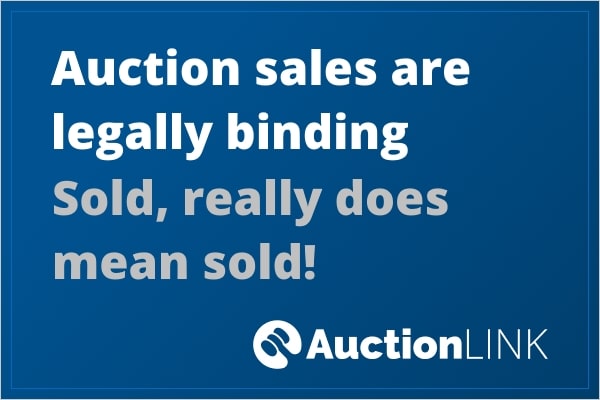
Most auctioneers will also ask if it’s okay for a “for sale” sign to be put up outside the property. Signs help generate interest in the immediate area, but some sellers of vacant properties worry about security and the wrong type of attention a sign might generate. If you would rather not have a sign, just let the auction company know.
All good property auction companies will have the facility for buyers to bid online. But the question we’re often asked is whether an online only auction will be as effective as an auctioneer who also holds a live “in the room” auction, where prospective buyers can attend in person.
From the many auction sales we’ve seen; we don’t think there’s a big difference; online only auctions seem to be just as effective as an auctioneer that combines “in the room”, online and telephone bidding. You could argue that live “in the room” auctions benefit from emotional bidding; where 2 or 3 buyers compete eye-to-eye, and bid higher than they should in the heat of the moment, especially if they’ve travelled a long distance to attend the auction and don’t want to leave empty handed!
The property market tends to be busier during the spring (referred to as the “spring bounce”) and quietens down over mid-summer. Activity picks up again in early autumn, until the end the of the year.
Whilst other businesses are winding down for Christmas, it’s not the case with property auctions; most of the major auctioneers hold an auction in December, some just a week before Christmas day! And the December auctions are busy too – with buyers and sellers looking to wrap up a sale/purchase before the end of the year. Most of the auctioneers take a break and don’t hold auctions during the quieter times; the first weeks of January and mid-summer.
If you think your property will sell for more by auction compared to an estate agency sale, the first bit of advice is to talk to an auction company and not an estate agent! We know that sounds obvious, but property sellers often get caught up with their estate agent and limit their options.
Most estate agents do a great job and are an important part of the property market. But there’s usually no incentive for an estate agent to suggest you sell by auction, even if it seems obvious that you should. Most estate agents would rather take your property on their books and have a shot at earning a commission. This article about choosing between auction or an estate agency sale is worth a read.
If you’re looking to sell a property by auction, you have the choice of using a national auctioneer, or a local auctioneer. Most of the national auctioneers are based in London and appoint local representatives to conduct viewings – in our experience national auctioneers are equally effective as local auctioneers. Contact us to find the best suited auction company to sell your property.
Next steps…
Why not request a free pre-auction appraisal for your property? It only takes a few seconds. Or feel free to call us on 0800 862 0206 if you have any questions.
ℹ Top tip
Need help choosing a property auctioneer? Please contact us on 0800 862 0206 or send us an enquiry online.
🔍 Also see
💬 Auction talk
⚠ Don’t forget

